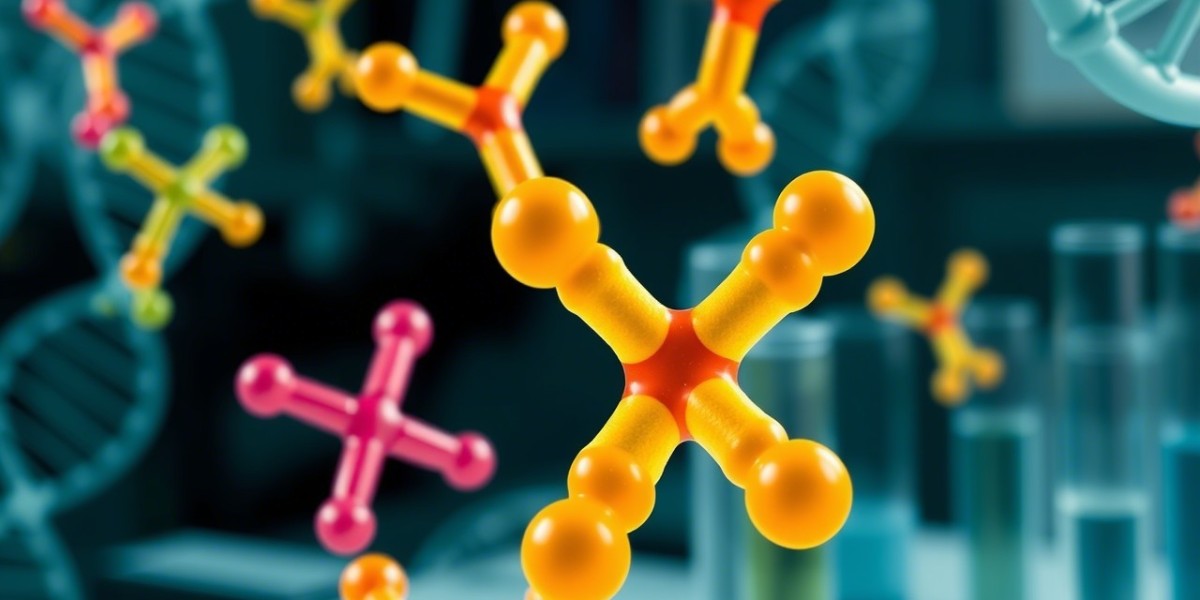"Antibodies are the magic bullets that seek out and destroy invaders with exquisite precision."
Paul Ehrlich
Antibodies are fundamental tools in the modern sciences, but this is not the case with all types of antibodies. Traditional monoclonal and polyclonal antibodies have remained the gold standard, but recombinant antibodies are gaining popularity quickly because of their precision, reproducibility, and scalability.
We will discuss the main distinctions between recombinant, monoclonal, and polyclonal antibodies and why recombinant ones are leading the way in current biotechnological advances.
What are Antibodies?
Before discussing the differences, it is time to define each type quickly:
Polyclonal Antibodies
A combination of Ab made by heterogeneous B-cell clones that react against more than one epitope on a protein.
Monoclonal antibodies (mAbs)
The same antibodies, made by one B-cell and one B-cell clone, bind to one epitope.
Recombinant Antibodies
These are the genetically engineered Abs manufactured by means of recombinant DNA technology, and they are consistent and scalable.
Differences Between Monoclonal, Polyclonal, and Recombinant Antibodies
01. Production Method
S.No | Antibody Type | Production Process |
01. | Monoclonal Ab | Hybridoma technology (fusing B-cells with myeloma cells to produce identical clones) |
02. | Polyclonal Ab | Derived from immunized animals, purified from serum (multiple B-cell clones) |
03. | Recombinant Ab | DNA cloning, expression in host systems (e.g., HEK293, CHO cells) |
Importance: Recombinant antibodies offer the opportunity to remove biological variability, as they are produced based on defined genetic sequences, as opposed to polyclonal and monoclonal Abs, which are developed using animal immune reactions.
02. Specificity Cross-Reactivity
Polyclonal Ab - They identify many epitopes, and there is a higher chance of cross-reactivity.
Monoclonal Ab - Present very high specificity towards only a single epitope, yet even this antibody may show batch-to-batch discrepancy.
Recombinant Ab - It is specifically engineered to bind epitopes precisely and have minimal off-target activity.
Example: AAA Biotech manufactures recombinant Abs whose antigen-binding areas are well calculated, making them highly specific compared to conventional monoclonal antibodies.
03. Replicability & Reproducibility
Another major issue with monoclonal and polyclonal Abs is batch-to-batch variability. Polyclonal antibodies are more susceptible to such vagaries since they are subject to the vagaries of animal immunology, while monoclonal antibodies are subject to the vagaries of hybridoma stability.
The solution to this situation is recombinant antibodies, which are made through stable cell lines of the same genetic sequence, guaranteeing the same production across batches.
04. Customization & Scalability
Feature | Monoclonal | Polyclonal | Recombinant |
Customization | Limited | No | Yes (e.g., humanization, affinity maturation) |
Scalability | Moderate | Limited | High |
NOTE: Abs can be altered to have a high affinity, low immunogenicity (e.g., humanized antibodies) or tagged to allow subsequent uses (e.g., His-tag, Fc tag). |
05. Cost and Ethical Consideration
Polyclonal Abs need the immunization of animals, which is controversial. The Mab method entails the maintenance of a hybridoma, which may be expensive.
On the other hand, the recombinant antibodies conserve animals' lives and yield scalable economies of production.
Reasons to Use Recombinant Antibodies
They have a number of benefits compared with conventional monoclonal and polyclonal antibodies:
More reproducible production, i.e., no batch-to-batch variation
Higher specificity, exact epitope-targeted design
Increased rate of production > No immunization of animals or hybridoma screening
Scalable in nature, and hence can be modified and customized to a higher-performing level
Companies such as AAA Biotech produce special, high-quality recombinant antibodies that offer researchers reliable, efficient reagents for advanced procedures.
Conclusion
Although monoclonal and polyclonal antibodies are the pillars of immunology, recombinant antibodies are the latest generation of Abs.
The high precision, scalability, and reproducibility make it an important tool in research, diagnostics, and therapeutic innovations.







